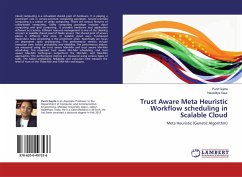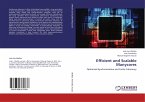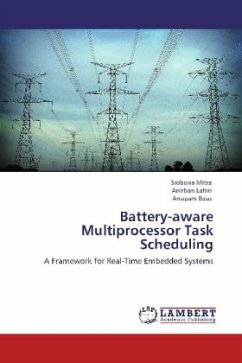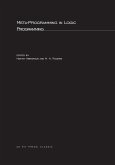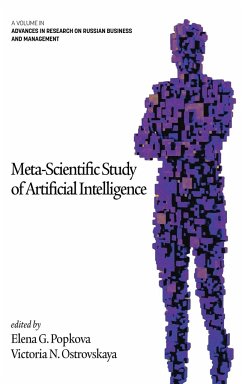Cloud computing is a virtualized shared pool of hardware. It is playing a prominent role in service-oriented computing paradigm. Service-oriented computing is a subset of utility computing. There are various features of utility-based computing. Utility computing paradigm includes cloud computing and grid computing. It provides hardware and application software as a service. Efficient resource management is one of the claiming concern in scalable shared pool of blade servers. The shared pool of servers places in different time zone. In scalable cloud aura, trust-based dependent tasks scheduling is the prominent affair. Specifically we focus on dependent tasks provisioning. The performance metrics include execution time, failure probability, and reliability. The performance metrics are measured using the trust aware Max-Min and trust aware Min-Min scheduling. The proposed trust aware Min-Min scheduling, and trust aware Max-Min techniques outperform the Min-Min, and Max-Min approaches. The performance metrics are measured using various types of tasks. The failure probability, Reliability, and execution time measure the level of trust of the TMax-Min and TMin-Min techniques.

